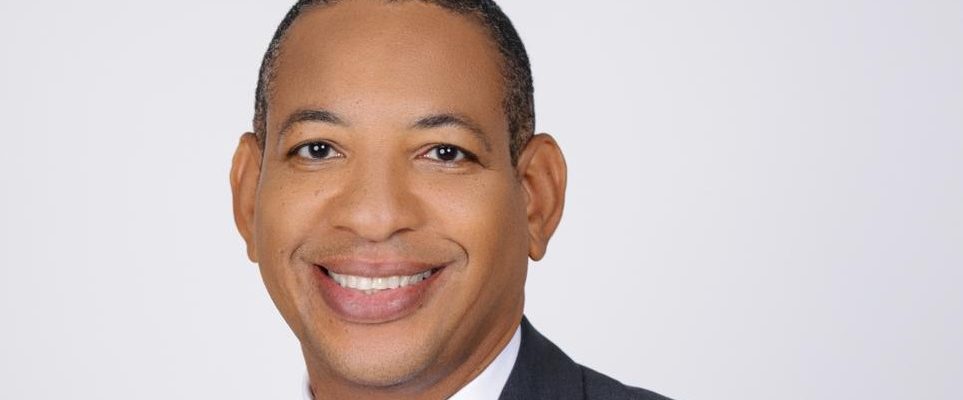
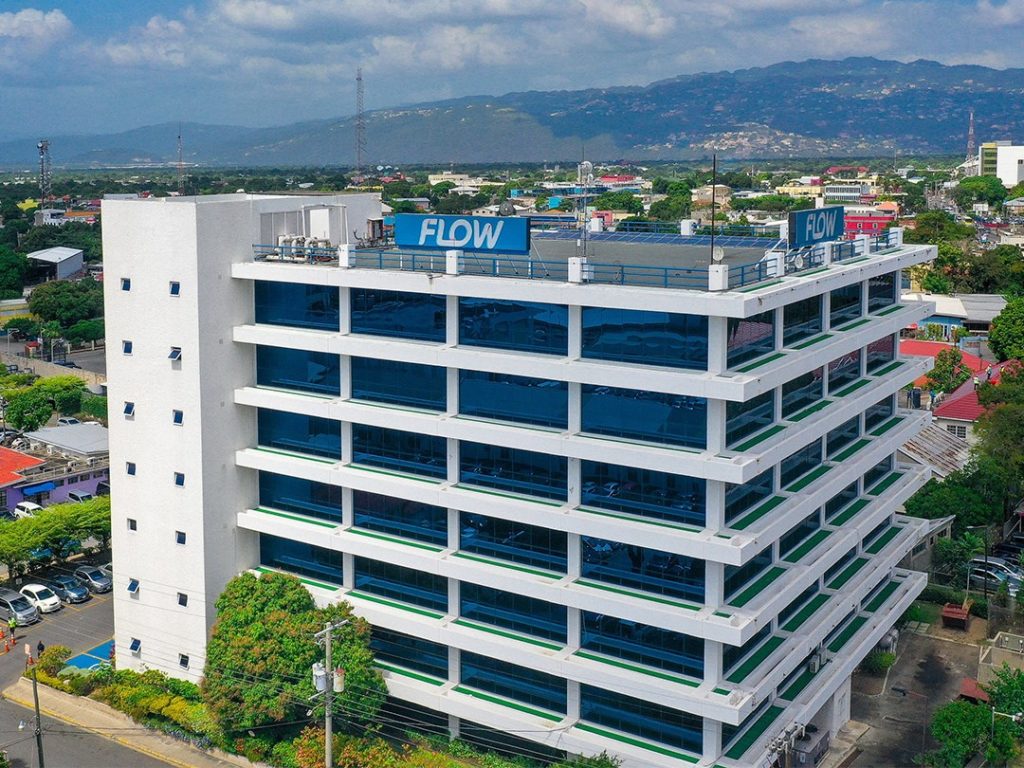
Communications and entertainment provider Flow says more than 650,000 Jamaican households have access to its broadband internet service, including more than 200,000 which can now access the internet via its upgraded, fibrefast network.
Since 2019, the company has invested over US$300 million (as at December 2021) to expand its fibre optic network.
According to Charles Douglas, director of regulatory affairs, more than 425 communities have been added to the company’s network since 2020 and, since 2021, more than 73 of the communities connected are outside of Kingston, St Andrew and St Catherine.
CARRIER OF CARRIERS
In highlighting the immense power of the network, Douglas said the company provides service to residential and business customers and is also a ‘carrier of carriers’ as it provides fibre optic connectivity to other telecommunication service providers within the Jamaican market.
The company continues to be at the forefront of Jamaica’s technological revolution, having rolled out its dedicated fault-tolerant network for commercial customers in 2018.
Douglas highlighted that the company currently provides 10G broadband internet service to large enterprises with this network.
10G refers to internet speeds of 10 Gigabits per second and is considered the next frontier of connectivity as it supports instantaneous transactions.
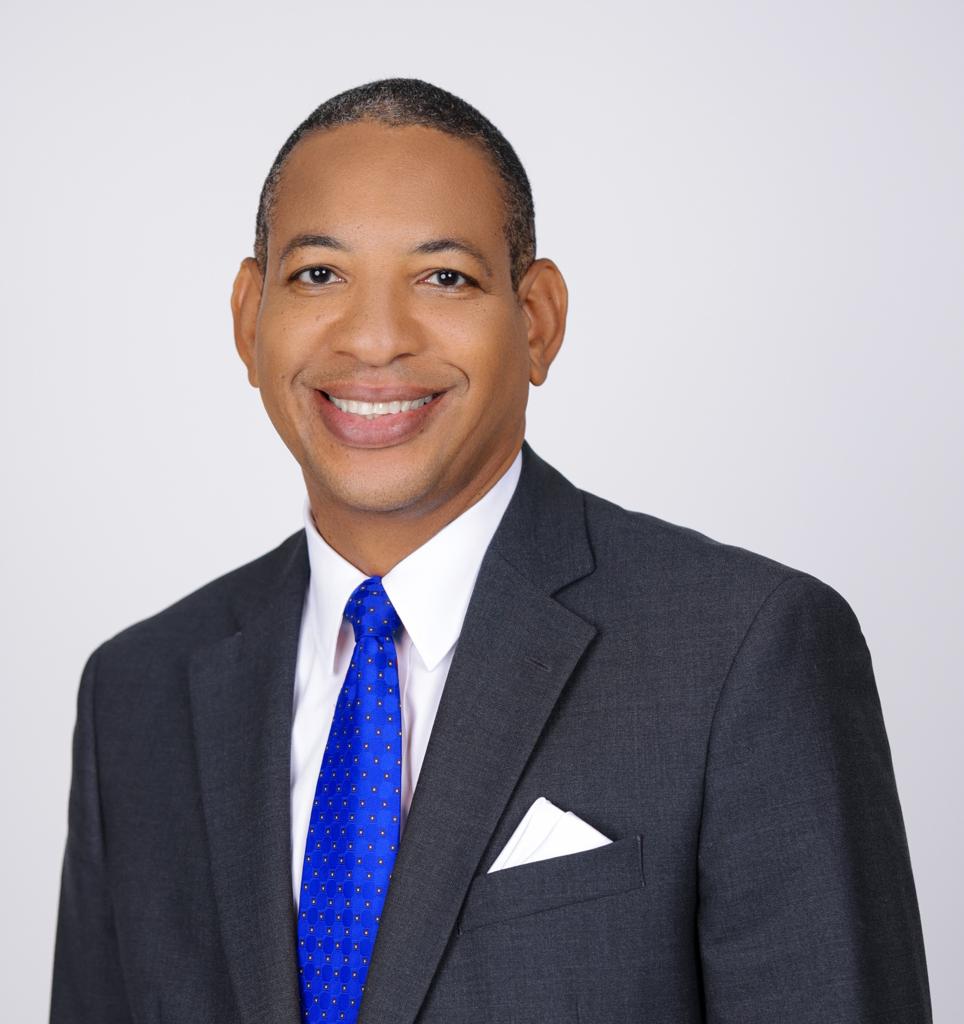
“We are talking about empowering businesses to tend to their customers remotely in real-time, thereby ensuring the highest quality of service delivery. Currently, we have a client that is reaping the benefits of our 10G connection,” Douglas said.
He added that the company’s islandwide fibre network is also the backbone of the Ministry of Health’s Telemedicine solution.
Douglas was contributing to a recent panel discussion on ‘The Future of Broadband Internet and Community Access’ hosted by the Universal Service Fund.
The panel included other thought leaders within the technology space such as Anthonio Anderson, vice president and chief information officer at the University of Technology, and Dr Maria Myers-Hamilton, managing irector of the Spectrum Management Authority.
In his remarks, Douglas emphasised the importance of not only striving for faster speeds but wider availability of and access to reliable internet service.
“It’s a tough issue but, at Flow, it is something that we are constantly seeking to solve sustainably. The question now is, how can we effectively use the limited funds we have to achieve universal internet access.”
Charles Douglas, director of regulatory affairs
He stated that, while internet service is widely available, many are unable to access the service as they cannot afford it. He, therefore, called for robust public-private partnership to address the affordability issues widening the digital divide.
“It’s a tough issue but, at Flow, it is something that we are constantly seeking to solve sustainably. The question now is, how can we effectively use the limited funds we have to achieve universal internet access,” Douglas shared.
He remarked that countries like the United States have taken a strategic approach that sees the Government working closely with the telecommunications industry to bridge the divide.
“In the United States, US$130 billion in Government grants has been allocated to providers to facilitate the buildout of their networks in underserved and unserved communities in the interest of the public good,” Douglas said.
He further shared that while the American model may not be the perfect fit for Jamaica, it may serve as a good starting point for the public and private sectors as they seek to design and implement the best strategy for the country to achieve ubiquitous internet access.
His call for more public-private partnership was endorsed by Myers-Hamilton.
“The government cannot do it alone. We need the private sector to partner with us and we did that two years ago when we had the shutdown (and internet access challenges) due to the pandemic. We all came to the table to solve the problem. So, to move this country forward and increase access we all have to take ownership of the problem and work to address it,” Myers-Hamilton said.

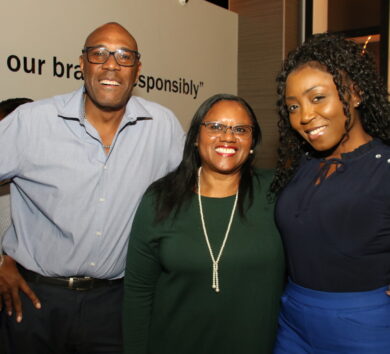
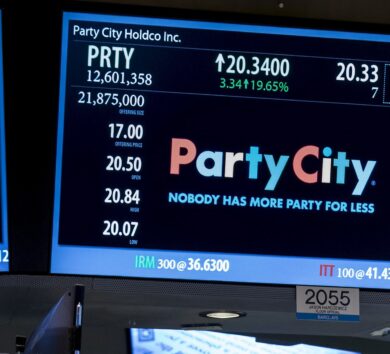



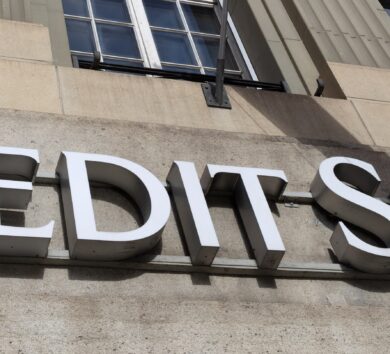
Comments